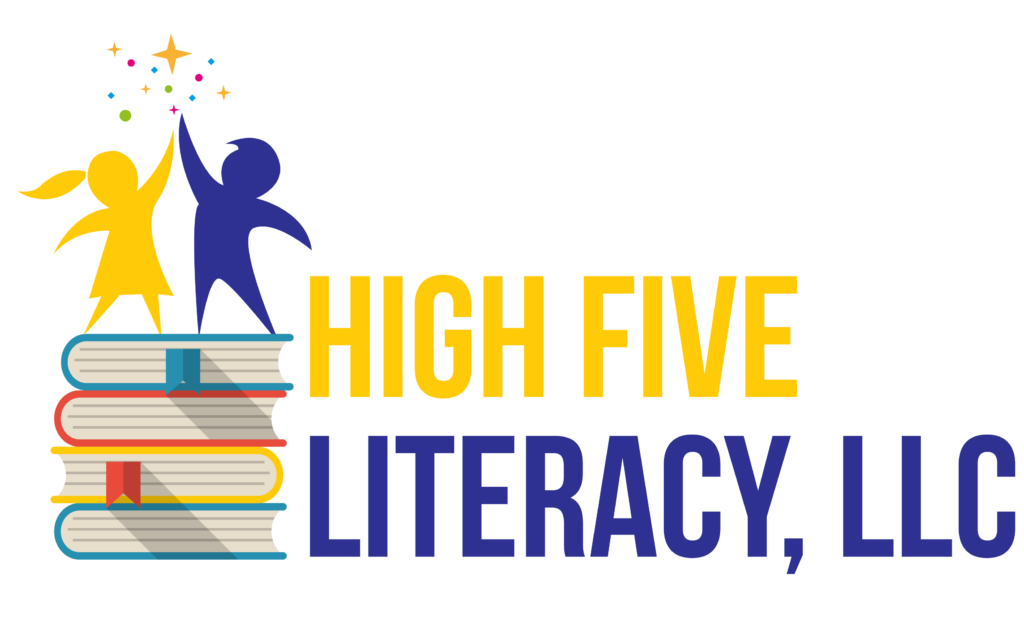
I regularly stay in touch with former clients, wanting to know how they are doing after we finish our tutoring partnership. Six years ago, I tutored a boy, Matthew, when he was in second grade. Now in eighth grade, his mother, Keri, and I recently talked about how far he has come. A few years ago, Keri was kind enough to allow me to interview her for one of my blogs entitled “An Interview with a Teacher Whose Child Has Dyslexia.” Matthew was in fifth grade when I interviewed Keri, and she told me how frustrated she was that her teaching degree had not prepared her to help her own child. Balanced Literacy had failed both of them. Three years later, Matthew is now old enough to reflect on his learning journey and wants to be included in the conversation.
Matthew is thirteen years old, diagnosed with dyslexia and dysgraphia, and attends a private school.
Keri – Matthew attended a public elementary school from kindergarten through sixth grade.
Did your IEP carry over from elementary school to middle school?
Keri – No.
Do you have pull-out times at school to help you with the areas that you find difficult? If not, how do you get help?
Matthew – No. My teachers know I have dyslexia and dysgraphia. My middle school teachers have extra help periods. It’s so much better than elementary school. My middle school teachers are more available than any of my elementary school teachers. They are always available before school and after school. I could go every day of the week. They work on whatever I need help with. They help every kid individually, not just one thing to a whole group.
Keri – To be honest, I was nervous to “lose” the IEP when he transitioned to middle school. The needs and struggles are still there but his teachers at his current school embrace and support every child. They are readily available, and I feel they meet his needs more than when he was in elementary school. In addition, his school uses Schoology which lists all his grades and assignments. Matthew and I sit together and go over the due dates. It helps with time management and we plan where he may need some extra support from his teachers during the week.
Did you ever get frustrated?
Matthew – Yes, I get frustrated when I don’t get a good grade. Sometimes, it bothers me if it takes me longer to do things than other kids or if I run out of time on a test. Even though I’m used to it, it still bothers me sometimes.
Keri – As Matthew gets older and demands increase, I notice time management and organization play a bigger role. Strangely, I embrace it because I remember the days where I was awake in the midnight hours wondering how we were going to tackle the reading and writing struggles. Fast forward to now, and I just smile at how far Matthew has come.
Did you ever feel like giving up?
Matthew – Not since first or second grade. I felt like giving up in second grade because my teacher didn’t know how to teach me. She had other kids in class correct my writing. I felt terrible when she did this. Luckily, they were my friends and still are my great friends. I get frustrated but don’t feel like giving up.
What advice can you offer parents?
Matthew – Send your kids to a good tutor because it helps. Make sure that your tutors know how to teach you. If it wasn’t for my tutors, elementary school would have been a lot harder, and I think I would struggle more in middle school.
Keri – I agree with Matthew. There are so many teachers that tutor. Being a general education teacher or special education teacher does not necessarily qualify you as an effective tutor. In addition, beware of the title, Reading Specialist. It doesn’t always mean they are qualified to tutor students with dyslexia, dysgraphia, or other reading struggles. Question a tutor’s credentials! What training did they receive? A 30-hour training class or a Professional Development Day doesn’t equal proper training. What certifications did they attain? Within the school walls, make sure your child is receiving reading services that match his or her needs. There are many programs out there but may not be meeting your child’s needs. Join Facebook groups, network with other families, and follow blogs such as High Five Literacy and Academic Coaching. Not everyone has the means or time for a tutor. Become educated and demand more from the school. Matthew worked with Faith (High Five Literacy and Academic Coaching), as well as Kate, an Orton-Gillingham certified tutor. He also had a wonderful reading specialist at school that embraced Faith and Kate’s guidance and became trained herself. Lastly, if your child does go to a tutor, sit in on the sessions. I know as a parent, that free hour is golden, but sitting in on the session and being able to carry that work over with your child is priceless. It speeds up progress, creates a connection with your child, and makes you better equipped to support your child.
Can you offer some inspiring words for young, struggling readers?
Matthew – Find out ways that are best for you to learn. Find teachers that can help you. Ask your parents for help. Work with them and let them help you.
Keri – Parents as partners is the KEY! Matthew started with Faith when he was in second grade. At home, we continued the explicit instruction Faith modeled during the sessions. We were a team working towards a common goal. Having Faith’s expertise and support, as well as Matthew and I working as a team (not as a mom getting her kid to do his/her work) made a big difference. With the wealth of knowledge gained, even after Faith decided it was time to discontinue the tutoring sessions, Matthew and I continued to work together as a team. Yes, there were and still are many, many times of frustration and times where both of us are tired, but he and I built this relationship, trust, and respect that we are going to take this journey together. I think that is the key. It is already challenging for your child. As parents, we need to put aside our frustration, anxiety, comparisons and just saddle up next to our children to let them know we are on their team. They need to feel safe to take risks, struggle, make mistakes and show their frustration without feeling critiqued or judged.
Faith Borkowsky is the founder of High Five Literacy and Academic Coaching and is a Certified Dyslexia Practitioner with thirty-five years of experience in literacy instruction – as a classroom teacher, reading and learning specialist, regional literacy coach, administrator, and tutor. Ms. Borkowsky provides professional development for teachers and school districts, as well as parent workshops, presentations, and private consultations on science-based literacy practices. She is the author of the award-winning book, Failing Students or Failing Schools? A Parent’s Guide to Reading Instruction and Intervention, and the “If Only I Would Have Known…” series of books, conceived as a roadmap for literacy readiness and success for parents of young children. In 2021, Ms. Borkowsky was a finalist for the World Literacy Foundation award for her significant contributions to literacy.

1 Comment. Leave new
How do you get diagnosed with dyslexia or dysgraphia without spending thousands of dollars and waiting +6 months?